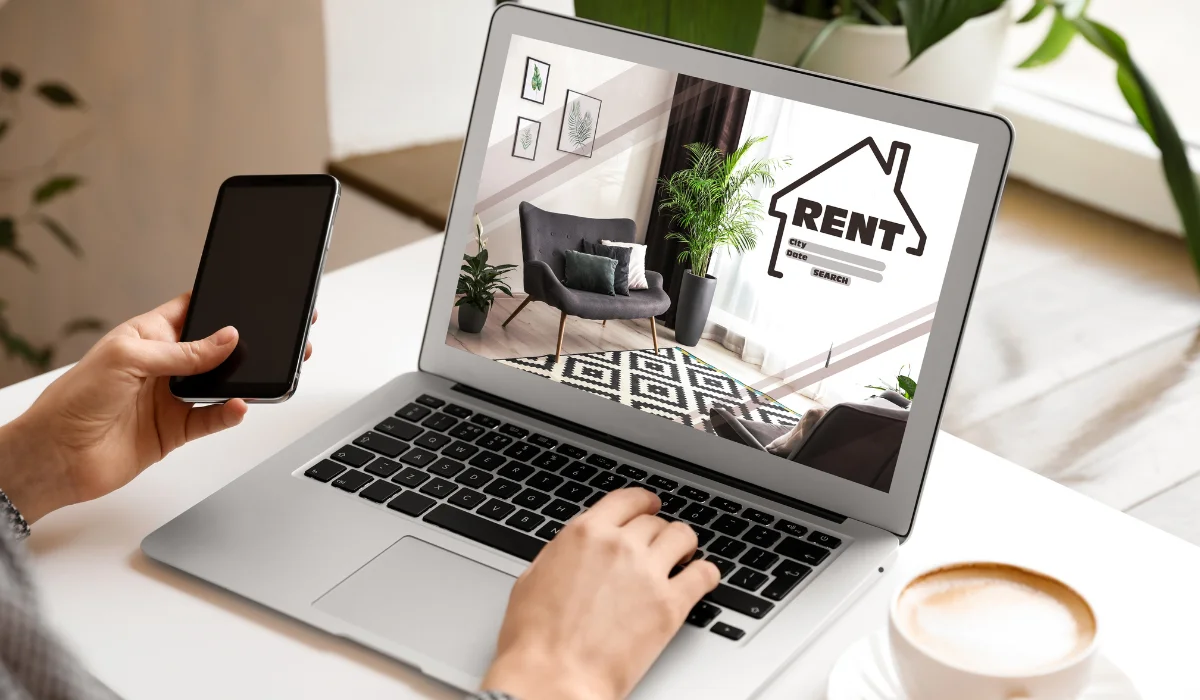In recent years, the popularity of short-term rentals has soared, with platforms like Airbnb providing homeowners and property managers the opportunity to monetize their spaces. However, with this surge in demand comes the need for effective management strategies to ensure seamless operations and maximize returns.
In this article, we will explore key tips and techniques for managing short-term rentals successfully. Additionally, we will highlight the role of specialized tools such as short-term rental software in streamlining operations and optimizing profits.
9 Effective Steps to Manage Short-Term Rentals:
1. Set Clear Objectives
Before delving into the intricacies of managing short-term rentals, it is crucial to establish clear objectives. Ask yourself: What are your financial goals? How many bookings do you aim to secure? By defining your objectives, you can align your strategies accordingly and measure your progress over time.
2. Enhance Your Listing
An appealing and informative listing is paramount in attracting potential guests. Pay attention to high-quality photographs that showcase your property’s best features. Craft a compelling description that highlights the unique aspects of your space. Additionally, provide accurate details regarding amenities, nearby attractions, and any house rules to ensure guests have a clear understanding of what to expect.
Related: 10 Zillow Alternative Real Estate Websites
3. Price Competitively
Pricing your rental appropriately is vital to maximizing occupancy rates while ensuring profitability. Conduct thorough market research to gauge the prices of comparable listings in your area. Consider factors such as location, amenities, and seasonal demand. Additionally, keep a close eye on market trends and adjust your rates accordingly. Utilizing software can simplify this process by providing real-time data and dynamic pricing suggestions.
4. Streamline Communication
Effective communication with guests is key to providing exceptional service and addressing any concerns promptly. Utilize automated messaging systems available in the software to send personalized welcome messages, check-in instructions, and post-stay feedback requests. Regularly monitor communication channels, including email and messaging platforms, to maintain a responsive and attentive approach.
Also Read: Why Do Rental Property Owners Fail?
5. Optimize Occupancy
To maximize revenue, aim for high occupancy rates. A well-rounded marketing strategy is essential for attracting guests. Leverage various platforms, including Airbnb, to widen your reach. However, managing multiple listings across different platforms can become challenging without an efficient Airbnb channel manager. Such a tool allows you to synchronize calendars, update rates, and manage reservations seamlessly, saving time and minimizing the risk of double bookings.
6. Implement Guest Screening
While most guests are respectful and responsible, it is crucial to implement a screening process to minimize potential risks. Request identification verification from guests before confirming bookings, and read reviews from previous hosts carefully. Be sure to set clear house rules and expectations to ensure a harmonious experience for both parties.
7. Deliver Exceptional Guest Experience
Creating a memorable experience for your guests is crucial in garnering positive reviews and encouraging repeat bookings. Pay attention to cleanliness and maintenance, ensuring that your property is in top condition. Provide essential amenities such as fresh linens, toiletries, and a well-equipped kitchen. Additionally, consider adding thoughtful touches like welcome baskets or local recommendations to enhance their stay.
See Also: Best Free Rental Listing Sites of 2024
8. Streamline Operations with Short Term Rental Software
To simplify day-to-day operations, consider investing in reliable software. This powerful tool offers an array of features, including centralized property management, automated messaging, channel integration, and financial tracking. By utilizing such software, you can streamline administrative tasks, save time, and ensure efficient management of your short-term rentals.
9. Nurture Positive Reviews
Positive reviews act as social proof, significantly influencing potential guests’ decision-making process. Encourage guests to leave reviews by sending personalized follow-up messages after their stay. Respond promptly and professionally to their feedback.
Related: 10 Effective Strategies for Handling Negative Client Reviews
Conclusion
Managing short-term rentals requires a combination of effective strategies, attention to detail, and the use of specialized tools. By setting clear objectives, enhancing your listing, pricing competitively, streamlining communication, optimizing occupancy, implementing guest screening, delivering exceptional guest experiences, and utilizing short-term rental software you can maximize your rental’s potential and achieve success.
Lastly, managing short-term rentals successfully requires a comprehensive approach that encompasses various aspects of the rental process. By implementing the strategies outlined in this article and leveraging tools, you can optimize your operations, enhance guest experiences, and maximize your rental’s potential for success in the dynamic and competitive world of short-term rentals.





